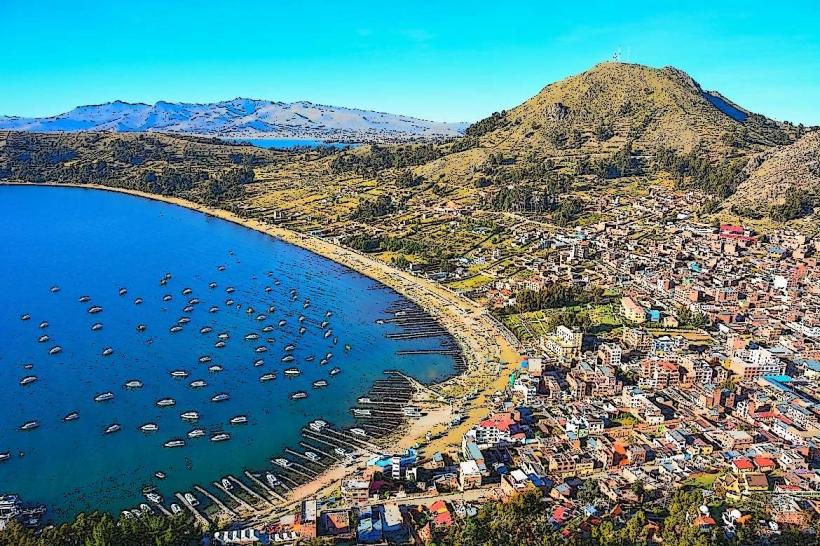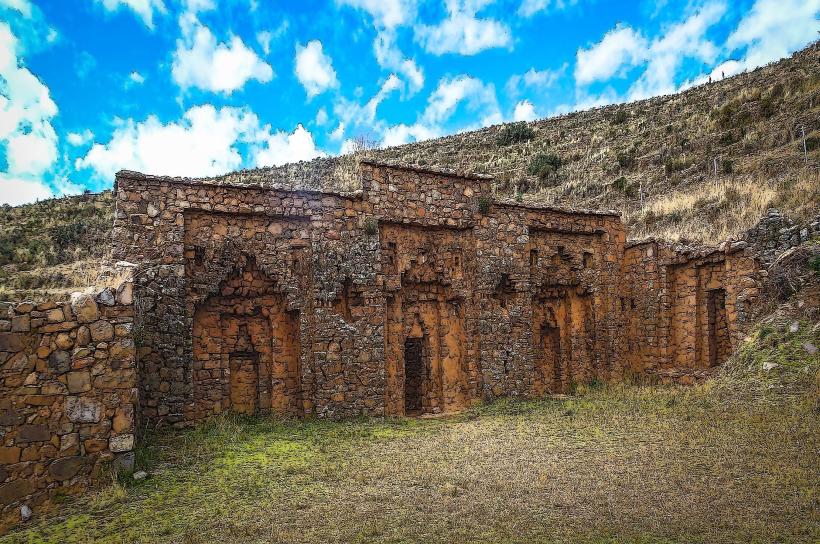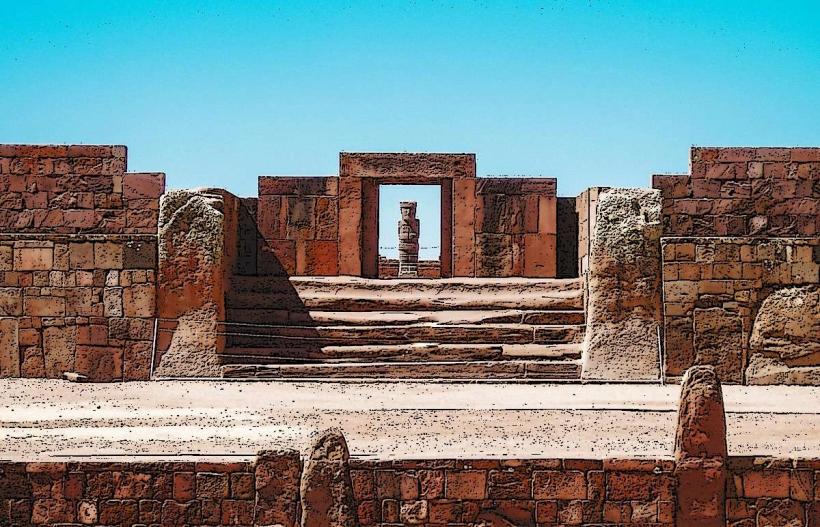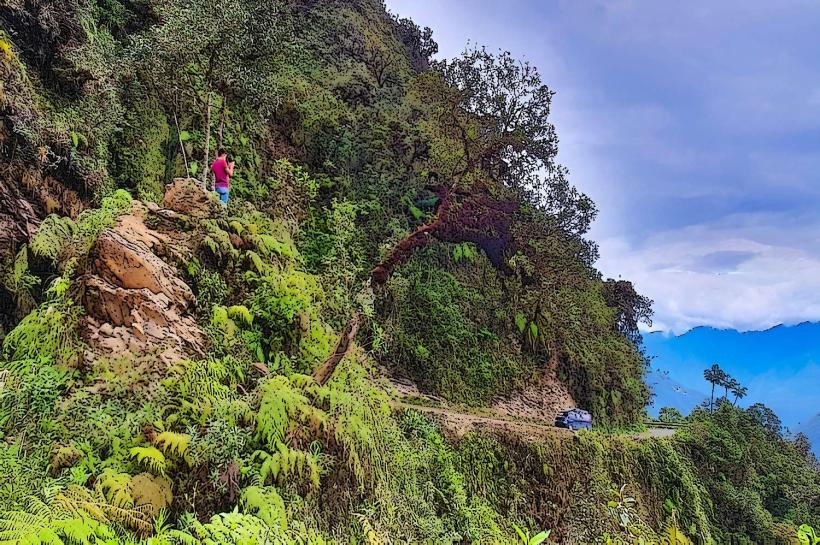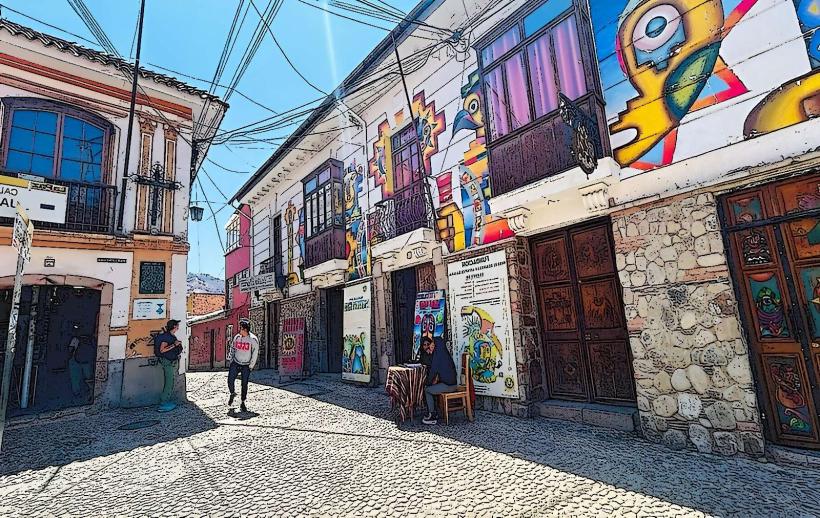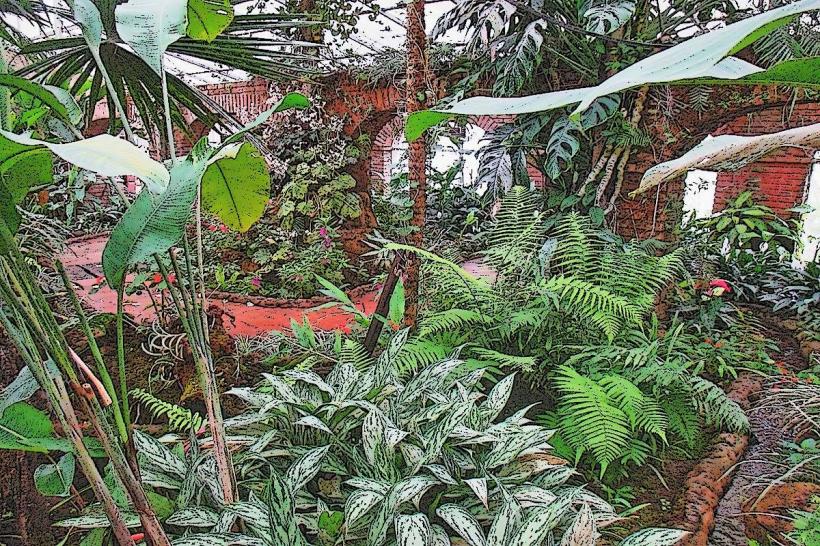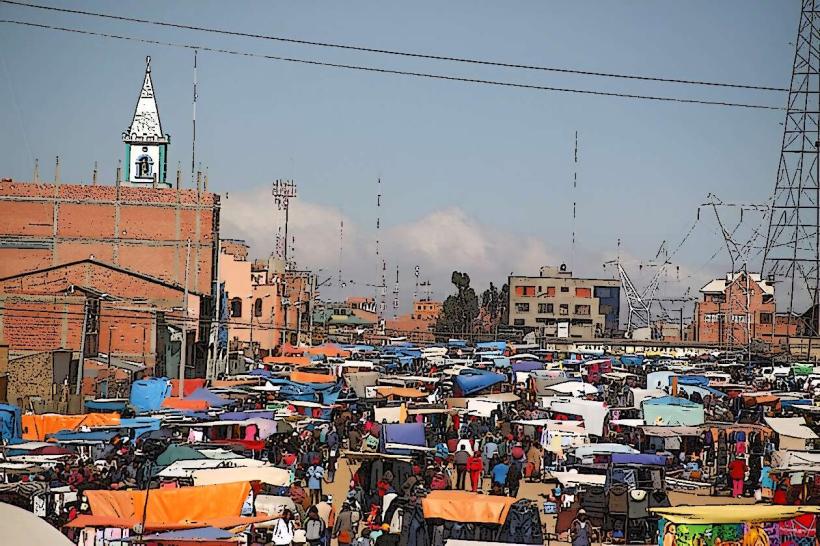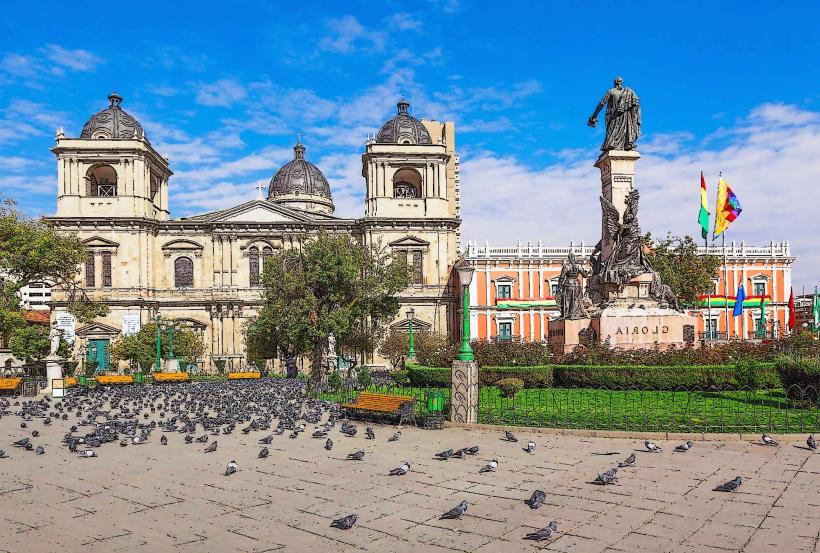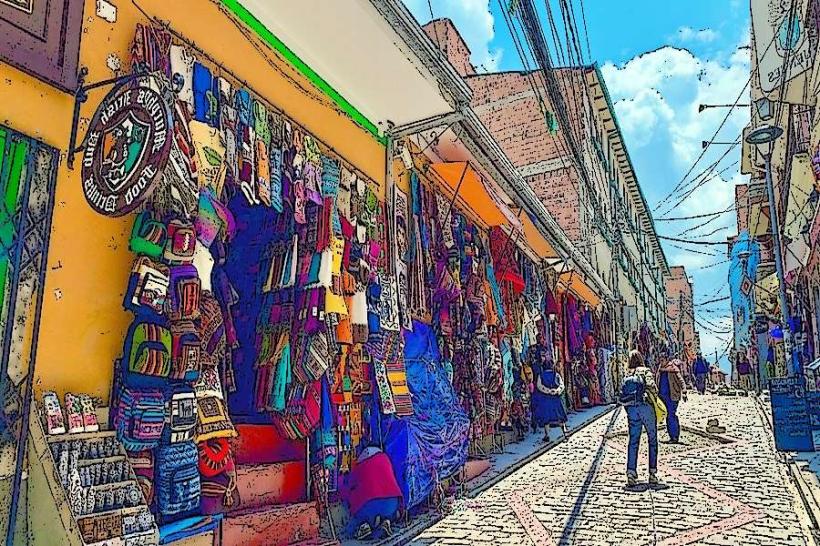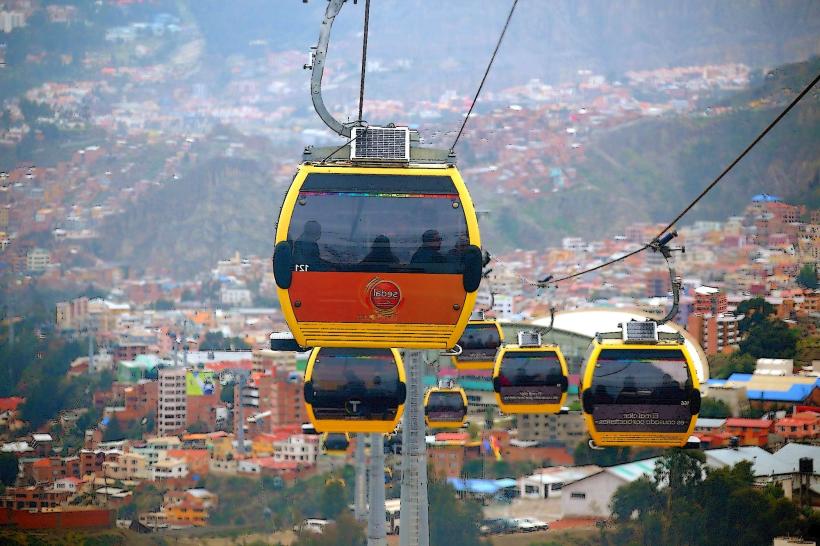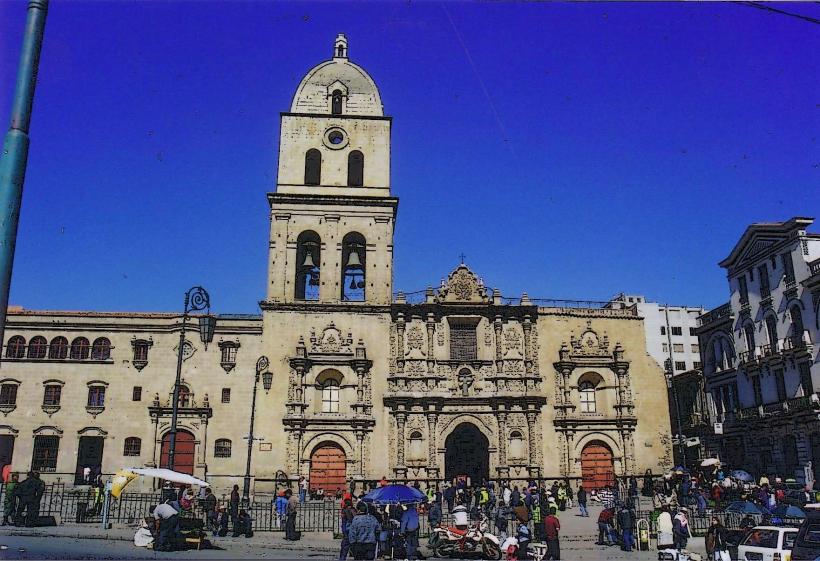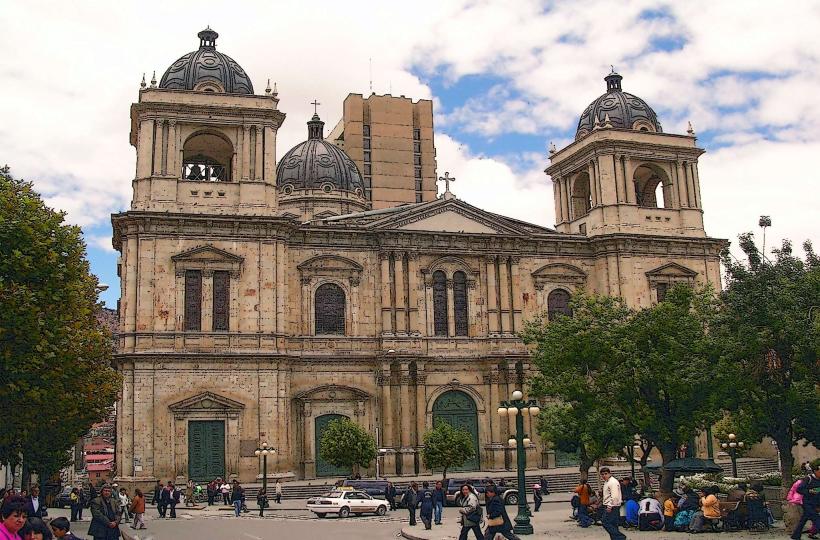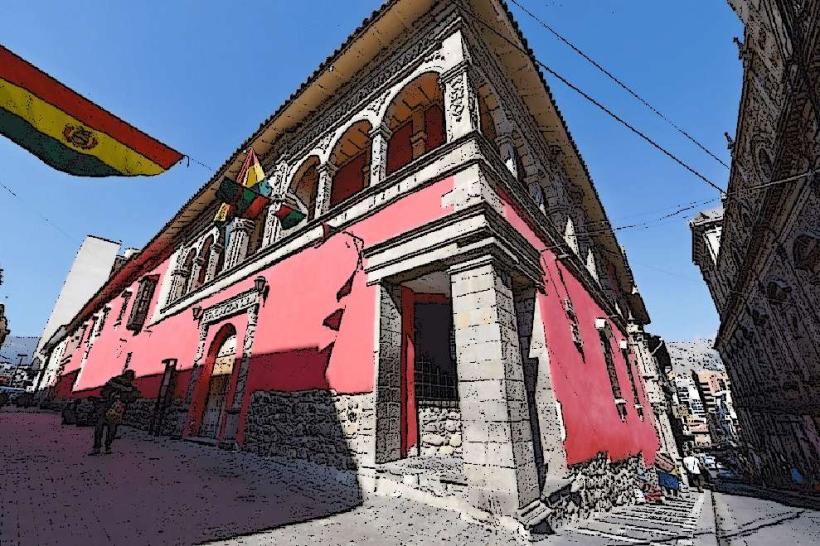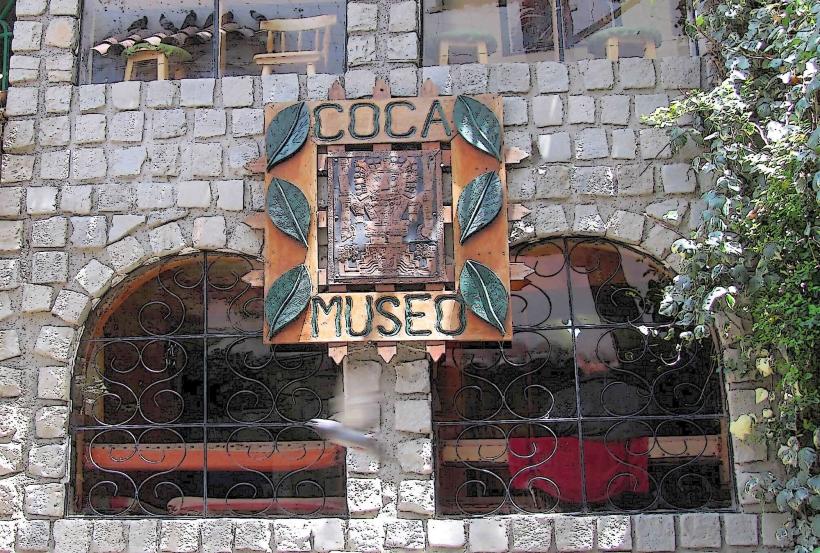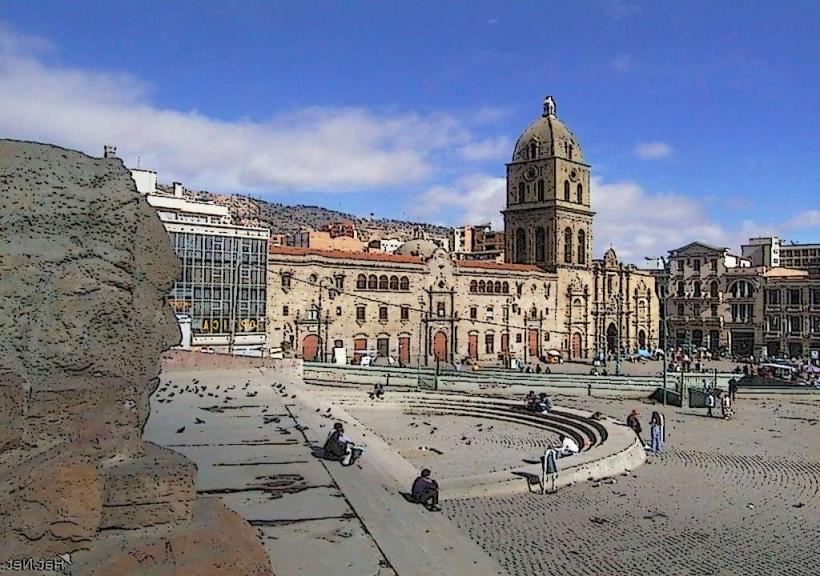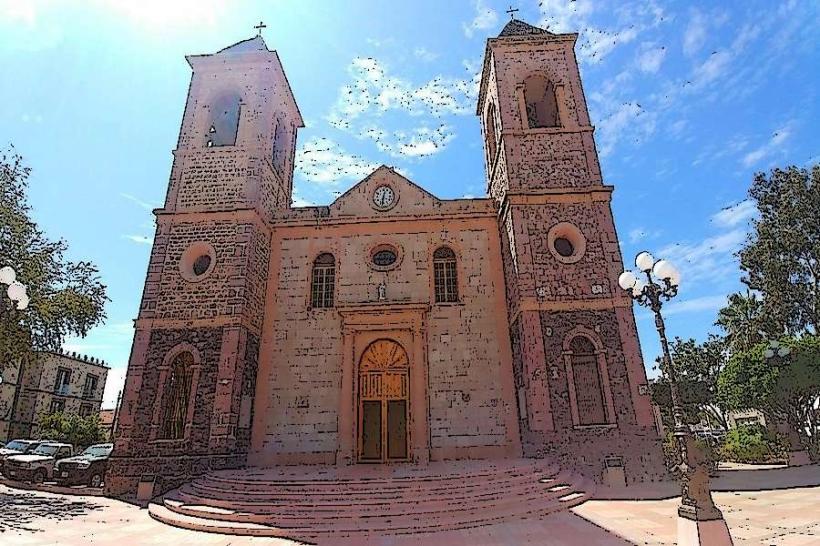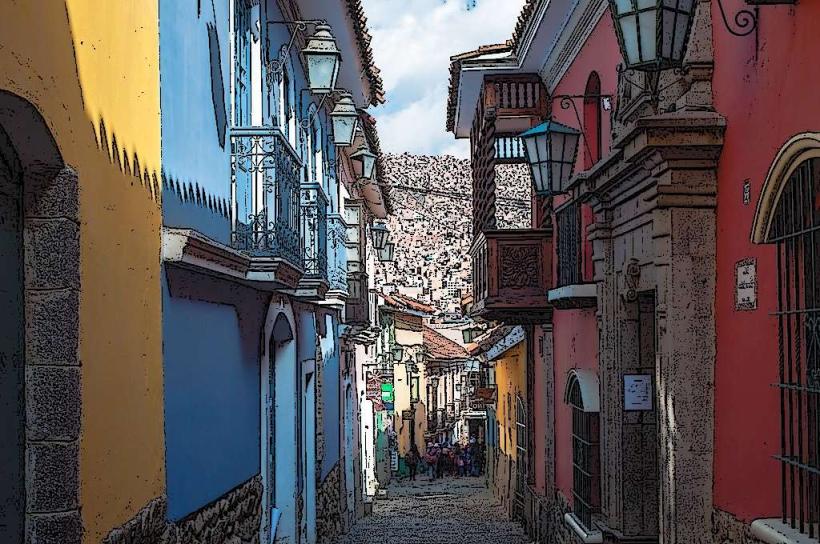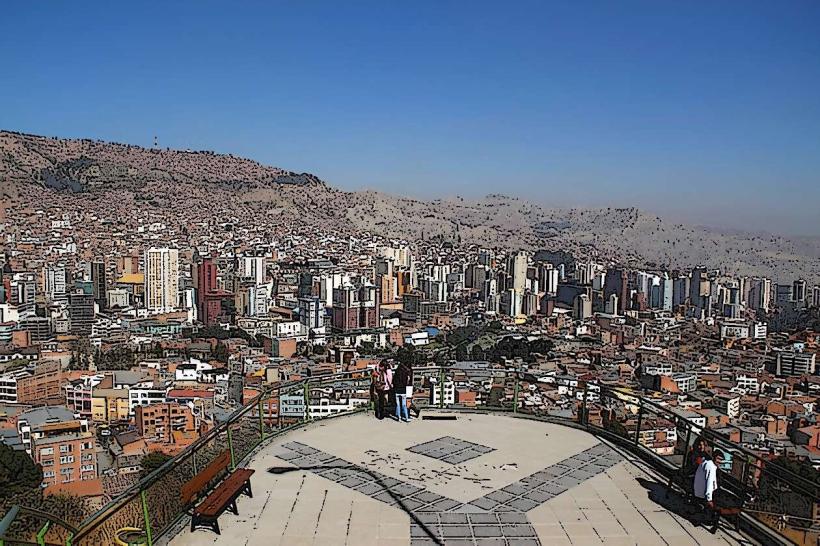Information
Landmark: La Paz MarketCity: La Paz
Country: Bolivia
Continent: South America
La Paz Market, La Paz, Bolivia, South America
La Paz Market is a covered public market located in the central district of La Paz, Bolivia. It functions as a primary distribution point for a wide variety of goods, including produce, meats, and artisanal crafts.
Visual Characteristics
The market structure is a multi-level concrete building with a corrugated metal roof. Exterior walls are painted in various colors, primarily white and light blue, with visible steel support beams. Interior spaces are divided into numerous stalls, with open-air sections on lower levels and enclosed areas on upper floors. Lighting is a combination of natural light from openings and artificial fluorescent fixtures.
Location & Access Logistics
La Paz Market is situated at Calle Sagarnaga and Calle Illampu, approximately 0.5km North of Plaza Murillo, the city's central administrative square. Access is directly from these paved streets. Limited on-street parking is available, often requiring payment to local attendants. Public transport is readily accessible, with numerous bus routes (e.g., Linea Roja, Linea Verde) stopping within a 100-meter radius. Taxis are also a common mode of transport to the market.
Historical & Ecological Origin
The current structure was completed in the mid-20th century, replacing earlier open-air market spaces. Its purpose has always been to centralize commerce for local vendors and provide a consistent supply point for residents. The market's location is within the urban core of La Paz, a city situated in the Andean Altiplano at an elevation of approximately 3,650 meters.
Key Highlights & Activities
Visitors can observe and purchase a wide array of local produce, including diverse potato varieties and quinoa. The market offers sections dedicated to traditional Bolivian textiles, alpaca wool products, and medicinal herbs. Food stalls provide prepared meals, such as salteñas and api. Bargaining is a common practice for artisanal goods.
Infrastructure & Amenities
Restrooms are available on multiple levels, typically requiring a small fee for use. Shade is provided by the building's roof and awnings over individual stalls. Cell phone signal (4G/5G) is generally consistent within the market. Numerous small food vendors operate within the market, offering immediate food options.
Best Time to Visit
The market is most active from 8:00 AM to 6:00 PM, Monday through Saturday. Mornings, particularly between 9:00 AM and 11:00 AM, offer the best selection of fresh produce. Weekends are generally busier. The market is closed on Sundays.
Facts & Legends
A specific section of the market is known for selling items related to the Aymara deity Pachamama, including offerings and amulets. It is a common belief among vendors that displaying these items ensures good fortune and protection for their businesses.
Nearby Landmarks
- Plaza Murillo (0.5km South)
- San Francisco Church (0.3km West)
- Witches' Market (Calle Linares) (0.2km West)
- Calle Jaén (0.7km South)
- Metropolitan Cathedral (0.5km South)

